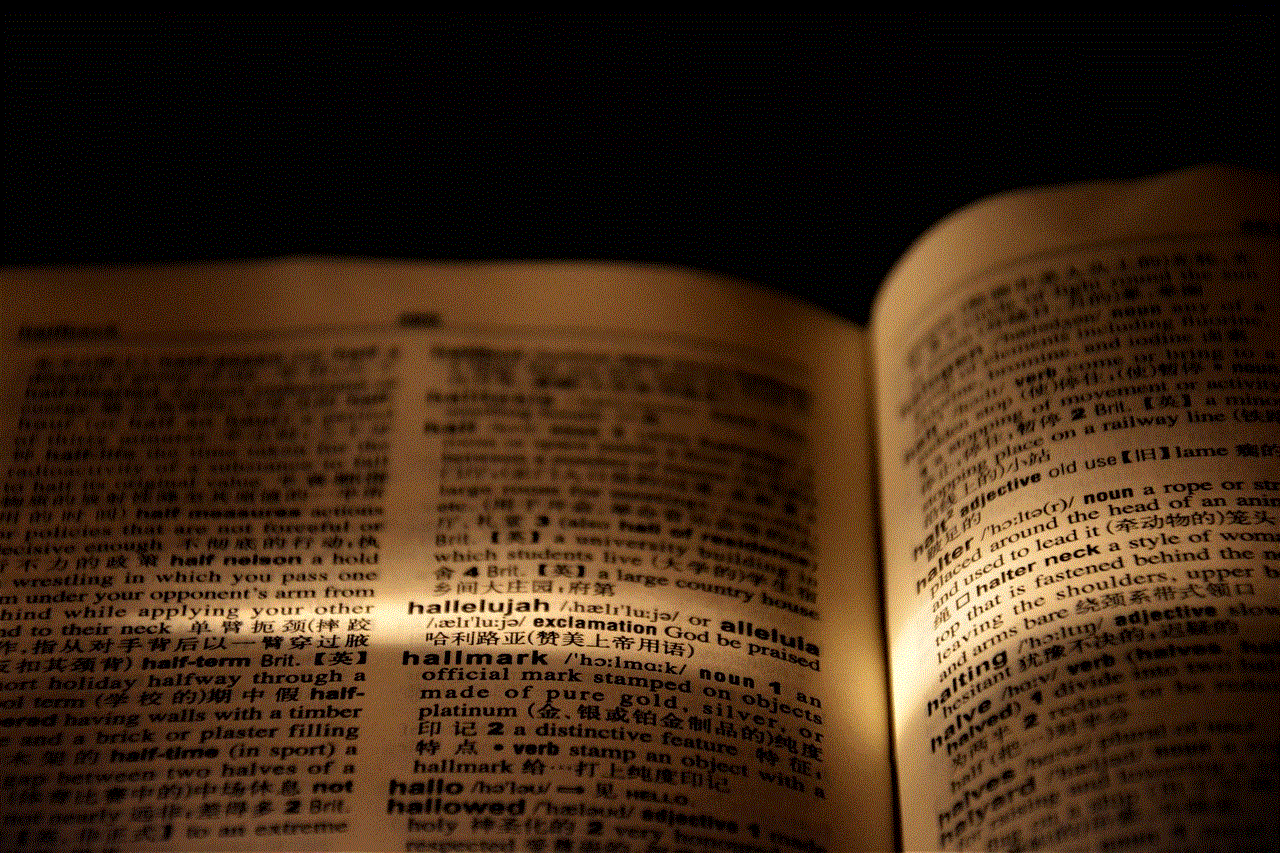what is a triller
A triller, also known as a thriller, is a genre of literature, film, and television that is characterized by its intense suspense, excitement, and anticipation. It often involves a protagonist facing a dangerous or high-stakes situation, with the plot usually revolving around solving a mystery, uncovering a conspiracy, or surviving a life-threatening situation. The triller genre has been popular for decades, with its roots dating back to the early 20th century. In this article, we will explore the history, elements, and appeal of trillers, and why they continue to captivate audiences all over the world.
History of Trillers
The origins of the triller genre can be traced back to the late 19th and early 20th centuries, with the works of authors such as Edgar Allan Poe, Arthur Conan Doyle, and Agatha Christie. These writers brought elements of suspense, mystery, and crime into their novels, laying the foundation for what would eventually become the triller genre. However, it wasn’t until the early 20th century that the term “triller” was coined, with the publication of the novel “The Triller” by Edgar Wallace in 1925.
The triller genre gained widespread popularity in the 1940s and 1950s, with the rise of film noir and the works of directors such as Alfred Hitchcock. Hitchcock’s films, such as “Psycho” and “Vertigo,” became synonymous with the triller genre, with their use of suspense, plot twists, and psychological elements. The 1960s and 1970s saw a surge in trillers, with the works of authors like John Le Carre, Ian Fleming, and Robert Ludlum. These authors introduced a new element to trillers – espionage and international intrigue, which became a staple of the genre.
In the 1980s and 1990s, the triller genre continued to evolve, with the introduction of technological advancements in the form of computer s and the internet. This gave rise to a new sub-genre of trillers – the techno-triller, which focused on the use of technology in the plot. With the turn of the century, trillers became a global phenomenon, with authors, filmmakers, and television producers from all over the world contributing to the genre’s growth and popularity.
Elements of Trillers
Trillers are known for their fast-paced, high-stakes plot, which keeps the audience on the edge of their seats. The story usually revolves around a protagonist who is faced with a dangerous or life-threatening situation, which they must overcome to achieve their goal. The plot is often driven by a mystery, a conspiracy, or a race against time, with the protagonist facing multiple obstacles and challenges along the way.
One of the key elements of a triller is suspense. The audience is kept in a state of constant anticipation, wondering what will happen next and how the protagonist will overcome the challenges they are facing. This is achieved through the use of plot twists, red herrings, and unexpected turns of events, which keep the audience guessing and engaged in the story.
Another important element of trillers is the use of tension and fear. Trillers often involve high-stakes situations, such as a kidnapping, a murder, or a terrorist attack, which create a sense of danger and fear for the protagonist and those around them. This fear is heightened through the use of atmospheric settings, such as dark alleys, abandoned buildings, or isolated locations, which add to the overall suspense and tension of the story.
Trillers also often include elements of mystery and crime. The protagonist is usually trying to solve a mystery or uncover a conspiracy, which leads them on a journey of discovery and danger. This element of the unknown adds to the overall appeal of trillers, as the audience is constantly trying to piece together the clues and figure out the truth alongside the protagonist.
The Appeal of Trillers
The triller genre has a wide appeal, with fans from all age groups, genders, and backgrounds. One of the main reasons for its popularity is its ability to keep the audience engaged and entertained throughout the story. The fast-paced plot, the use of suspense and tension, and the unexpected twists and turns make trillers a thrilling and adrenaline-filled experience for the audience.
Trillers are also known for their complex and well-developed characters. The protagonist is usually a relatable and likable character, who the audience roots for and wants to see succeed. The antagonist, on the other hand, is often a complex and intriguing character, with their own motivations and justifications for their actions. This dynamic between the protagonist and antagonist adds depth and complexity to the story, making it more engaging for the audience.
Another reason for the appeal of trillers is their ability to explore and comment on societal issues and themes. Trillers often touch upon topics such as corruption, power struggles, and the consequences of technology, which are relevant and thought-provoking for audiences. This adds an extra layer of depth to the story and makes it more than just a thrilling ride.
In addition to literature and film, the triller genre has also made its mark in the world of television. With the rise of streaming services and the binge-watching culture, trillers have become a popular choice for TV audiences. Series such as “Stranger Things,” “Breaking Bad,” and “The Handmaid’s Tale” have gained critical acclaim and a large fan following, further cementing the popularity and appeal of the triller genre.
Conclusion
In conclusion, the triller genre has a rich history, with its origins dating back to the early 20th century. The genre has evolved over the years, with the introduction of new elements and themes, but it has remained true to its core elements of suspense, tension, and mystery. The appeal of trillers lies in their ability to keep the audience engaged and entertained, while also exploring relevant themes and societal issues. With its wide fan base and continued growth and evolution, the triller genre is here to stay and will continue to captivate audiences for years to come.
how do you know when you’re blocked
Writer’s block is a common term used to describe a temporary loss of ability to produce written work. It is a frustrating and often debilitating condition that can affect writers of all levels and in all genres. Whether you are a professional writer, a student, or simply someone who enjoys writing as a hobby, you may have experienced this phenomenon at some point in your life. But how do you know when you are blocked? In this article, we will explore the signs and symptoms of writer’s block, its causes, and most importantly, how to overcome it.
Signs and Symptoms of Writer’s Block
The first step in dealing with writer’s block is to recognize its signs and symptoms. While it may manifest differently for each individual, there are some common indicators that can help you identify when you are blocked.
1. Inability to Start Writing
One of the most obvious signs of writer’s block is the inability to start writing. You may find yourself staring at a blank page or screen, unable to come up with any ideas or even a single word.
2. Lack of Motivation
Writer’s block can also manifest as a lack of motivation. You may have the desire to write, but you just can’t seem to find the energy or drive to do so.
3. Procrastination
Procrastination is another classic symptom of writer’s block. You may find yourself constantly finding excuses to avoid writing, such as checking social media, cleaning your room, or watching TV.
4. Self-Doubt
When you are blocked, you may start to doubt your abilities as a writer. You may question whether your ideas are good enough or if anyone would want to read your work.
5. Feeling Stuck
Feeling stuck is a common sensation associated with writer’s block. You may feel like you have hit a roadblock and can’t seem to move forward with your writing.
6. Loss of Flow



For many writers, the words usually flow effortlessly onto the page. However, when you are blocked, you may struggle to find the right words or phrases, and your writing may feel forced or unnatural.
7. Negative Emotions
Writer’s block can also trigger negative emotions such as frustration, anxiety, and even depression. These emotions can further hinder your ability to write.
Causes of Writer’s Block
Now that we have discussed the signs and symptoms of writer’s block, let’s explore some of the common causes of this condition.
1. Perfectionism
One of the most common causes of writer’s block is perfectionism. As a writer, you may have high expectations for your work, and when you are not achieving them, it can lead to self-doubt and fear of failure.
2. Fear of Criticism
The fear of criticism can also contribute to writer’s block. You may worry about what others will think of your writing, which can prevent you from putting your thoughts and ideas onto paper.
3. Burnout
Writing is a mentally and emotionally demanding activity. If you have been writing for an extended period without taking breaks or engaging in other activities, you may experience burnout, leading to writer’s block.
4. Lack of Inspiration
Another common cause of writer’s block is a lack of inspiration. Writing requires creativity, and if you are feeling uninspired, it can be challenging to come up with new ideas and produce quality work.
5. Distractions
In today’s digital age, distractions are everywhere. From social media notifications to emails and text messages, it is easy to get sidetracked and lose focus, making it difficult to write.
How to Overcome Writer’s Block
Writer’s block can be frustrating, but the good news is that it is not permanent. There are various strategies you can use to overcome this condition and get back to writing. Here are some tips to help you overcome writer’s block.
1. Take a Break
Sometimes the best solution to writer’s block is to step away from your writing and take a break. Engage in other activities that you enjoy, such as reading, listening to music, or going for a walk. This break can help clear your mind and provide you with a fresh perspective when you return to your writing.



2. Try Writing Exercises
Writing exercises can help get your creative juices flowing and overcome writer’s block. These can include freewriting, where you write without stopping for a predetermined period, or writing prompts, where you use a specific phrase or idea to start your writing.
3. Change Your Environment
A change of scenery can sometimes do wonders for overcoming writer’s block. If you usually write at your desk, try moving to a different location, such as a coffee shop or a park. The change of environment can help stimulate your creativity.
4. Eliminate Distractions
As mentioned earlier, distractions can be a significant cause of writer’s block. To overcome this, try to eliminate any distractions while you are writing. Turn off your phone, close unnecessary tabs on your computer , and find a quiet place to work.
5. Set Realistic Goals
Setting realistic goals can help you stay motivated and focused on your writing. Instead of aiming to write a whole chapter, break it down into smaller goals, such as writing for 30 minutes or completing a specific number of words.
6. Practice Self-Care
Taking care of your physical and mental well-being is crucial in overcoming writer’s block. Make sure to get enough sleep, eat well, and engage in activities that help you relax and de-stress.
7. Read and Get Inspired
Reading is an excellent way to get inspired and overcome writer’s block. Pick up a book in your genre or read articles and blogs related to your topic. This can help you generate new ideas and get back into the writing groove.
8. Write Something Different
If you are feeling stuck with your current project, try writing something different. It could be a short story, a journal entry, or even a letter to a friend. This can help break the cycle of writer’s block and get your creative juices flowing again.
9. Talk to Someone
Talking to someone, whether it is a friend, family member, or fellow writer, can help you get out of your head and gain a new perspective on your writing. They may also have helpful tips or suggestions to help you overcome writer’s block.
10. Seek Professional Help
In some cases, writer’s block can be a symptom of a more significant mental health issue, such as anxiety or depression. If you feel like your block is affecting your daily life and you are struggling to overcome it, consider seeking professional help from a therapist or counselor.



Conclusion
Writer’s block is a common and sometimes frustrating condition that can affect anyone who engages in writing. It is essential to recognize the signs and symptoms of writer’s block and understand its causes to overcome it effectively. By taking breaks, trying writing exercises, and practicing self-care, you can get back to producing your best work and conquer writer’s block. Remember, writer’s block is temporary, and with patience and determination, you can overcome it. Happy writing!
